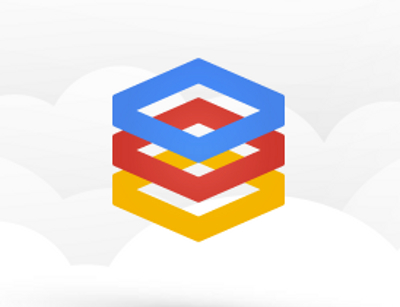 NEWS
NEWS
 NEWS
NEWS
 NEWS
NEWS
![]() Google already has an almighty stake in consumer’s digital lives, be it through search, email, news or YouTube videos. And now, it’s setting its sights on owning the enterprise as well.
Google already has an almighty stake in consumer’s digital lives, be it through search, email, news or YouTube videos. And now, it’s setting its sights on owning the enterprise as well.
For years, Google has been somewhat evasive about its public cloud ambitions, but this week the company said that it’s Google Compute Engine is finally ready to roll, with pricing, features and performance guarantees all set to be announced in the coming days.
Google’s move means that it’s now cemented its entry in the ongoing ‘cloud wars’ to secure control of government and corporate computing – a battle that’s already being waged by tech titans like Amazon, Microsoft and IBM.
Google Compute Engine’s general availability was announced on Monday night by Ari Balogh, a Google vice president, in a blog post on Monday. In it, Balogh said that the company has cut the prices of ordinary server instances by 10 percent, storage fees by 60 percent, while storage input-output fees have been scrapped completely. In addition, Google now offers a new 16-core server option for those who need a heavier-duty computing platform.
The search engine giant is clearly very ambitious, but it’s got a long way to go if it wants to catch up with Amazon Web Services’ EC2 (Elastic Compute Cloud) and S3 (Simple Storage Service), which currently dominate the market. Nevertheless, Google’s offering has secured the attention of a number of high profile customers already:
“In the past few months, customers like Snapchat, Cooladata, Mendelics, Evite, and Wix have built complex systems on Compute Engine, and partners like SaltStack, Wowza, Rightscale, Qubole, Red Hat, SUSE, and Scalr have joined our Cloud Platform Partner Program, with new integrations with Compute Engine,” wrote Balogh in his blog post.
To give it a competitive edge, Google is also expanding the range of operating systems available to its customers. At first, the only Linux distributions customers could choose from were Debian and CentOS, but Balogh says that users can now run any flavor of the open-source operating system. In addition, Google Compute Engine now offers support for Red Hat Enterprise Linux and SUSE, Balogh added.
Speaking to the Wall Street Journal, Sebastian Stadil, founder of consulting firm Scalr, said that taking Compute Engine out of beta is an important step, as it signals Google is fully committed to the product – which means that it’s unlikely to go the same was as the numerous small Google products that have been shut down in the past.
Stadil said that with regards to peformance and reliability, Google’s Compute Engine is superior to AWS, although it currently lacks the full features of its rival.
Support our mission to keep content open and free by engaging with theCUBE community. Join theCUBE’s Alumni Trust Network, where technology leaders connect, share intelligence and create opportunities.
Founded by tech visionaries John Furrier and Dave Vellante, SiliconANGLE Media has built a dynamic ecosystem of industry-leading digital media brands that reach 15+ million elite tech professionals. Our new proprietary theCUBE AI Video Cloud is breaking ground in audience interaction, leveraging theCUBEai.com neural network to help technology companies make data-driven decisions and stay at the forefront of industry conversations.